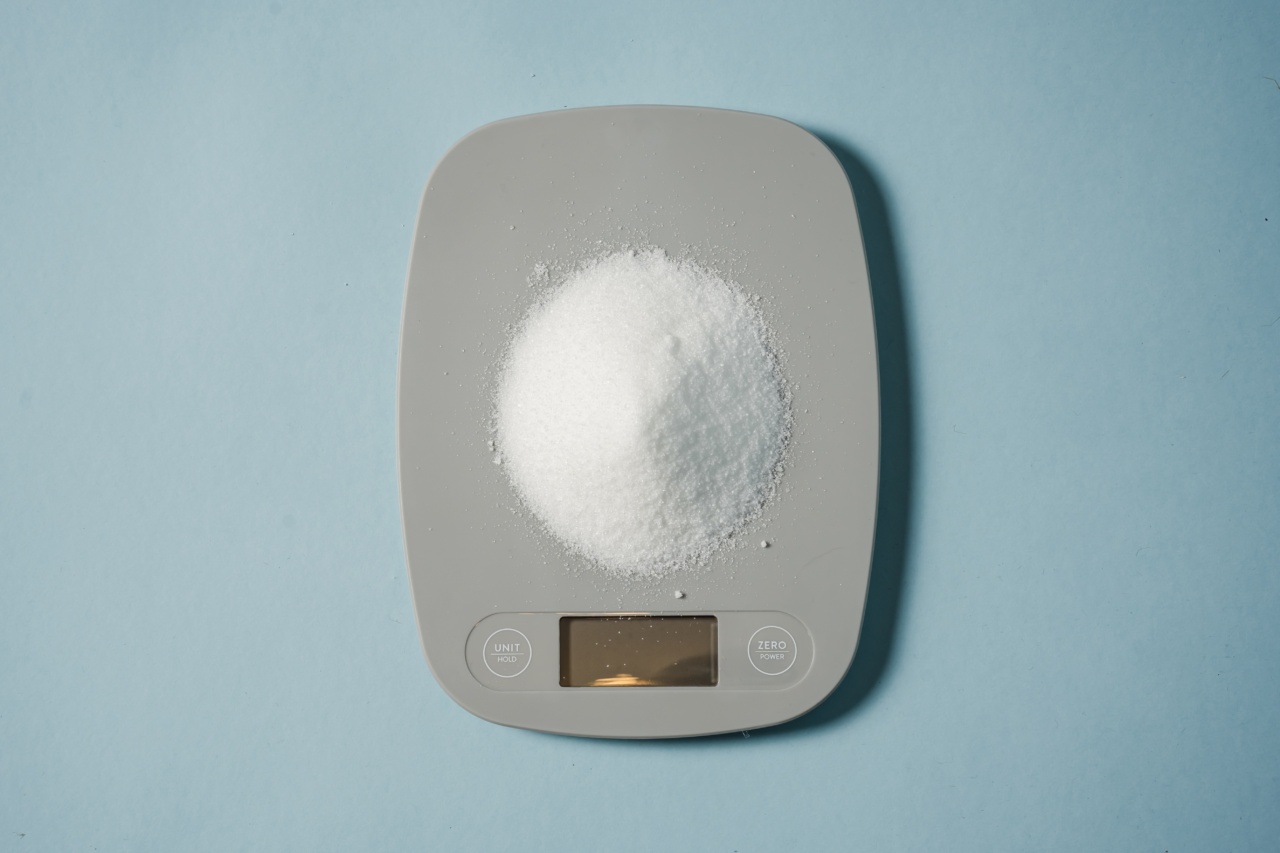When it comes to blood sugar control and weight loss, the number of meals you consume per day can play a significant role.
It’s a common belief that eating smaller, frequent meals throughout the day can help stabilize blood sugar levels and boost metabolism. However, recent research has shed some light on whether this is truly the most effective approach.
In this article, we will explore the impact of meal frequency on blood sugar control and weight loss, and discuss the optimal number of meals you should aim for.
Understanding Blood Sugar Control
Blood sugar, or glucose, is the body’s primary source of energy. It comes from the carbohydrates we consume in our diet and is regulated by the hormone insulin.
When we eat a meal, especially one high in carbohydrates, our blood sugar levels rise, triggering the release of insulin to help transport glucose into our cells for energy or storage.
However, in individuals with diabetes or insulin resistance, this process is disrupted, leading to elevated blood sugar levels.
Uncontrolled blood sugar can have serious health implications, including an increased risk of heart disease, kidney problems, and nerve damage.
Meal Frequency and Blood Sugar Control
Traditionally, it has been recommended to eat smaller, more frequent meals throughout the day to maintain stable blood sugar levels.
The idea behind this approach is that by spacing out meals, you prevent spikes in blood sugar and avoid overloading your body with a large amount of carbohydrates at once.
However, recent research suggests that meal frequency may not be as critical for blood sugar control as previously thought.
A study published in the journal Diabetes Care found that eating two large meals per day resulted in better glycemic control compared to six smaller meals spread throughout the day.
It’s important to note that individual responses to meal frequency may vary. Some people may find that spreading out their meals works better for them, while others may benefit from a more consolidated eating pattern.
It’s recommended to work with a healthcare professional to determine the best approach for your specific needs.
Impact of Meal Frequency on Weight Loss
Aside from blood sugar control, meal frequency has also been linked to weight loss. The theory behind eating frequent small meals is that it can help boost metabolism and prevent overeating by keeping you satisfied throughout the day.
However, research on the effect of meal frequency on weight loss has produced mixed results.
Some studies have shown that eating more frequent meals can lead to greater weight loss, while others have found no significant difference compared to fewer, larger meals.
One study published in the journal Obesity found that eating three meals per day resulted in greater overall weight loss compared to six smaller meals, despite both groups consuming the same number of calories.
This suggests that the total calorie intake and food quality may be more crucial factors for weight loss than meal frequency alone.
Finding Your Optimal Meal Frequency
Ultimately, the optimal meal frequency for blood sugar control and weight loss may depend on individual factors. Factors such as your metabolism, activity level, and personal preferences can all play a role in determining the best approach.
If you struggle with blood sugar control, it may be beneficial to experiment with different meal frequencies and monitor how your body responds.
Some individuals find that spacing out meals into smaller, more frequent portions helps them maintain stable blood sugar levels, while others may prefer a more consolidated eating pattern.
Similarly, weight loss is a complex process influenced by various factors, including calorie intake, food quality, and physical activity.
While meal frequency can play a role in it, focusing on overall calorie balance and making healthy food choices should be the primary focus when aiming to lose weight.
Other Factors to Consider
While meal frequency is an essential aspect to consider, it’s important to remember that overall dietary pattern and food choices also impact blood sugar control and weight loss.
Regardless of the number of meals you consume, incorporating whole, unprocessed foods, and paying attention to portion sizes are key for optimal health.
Additionally, regular exercise and sufficient sleep are crucial for maintaining a healthy weight and promoting stable blood sugar levels.
Physical activity helps improve insulin sensitivity and can aid in weight management, while sleep deprivation has been linked to disrupted blood sugar control and increased hunger hormones.
In Conclusion
When it comes to optimizing blood sugar control and weight loss, the ideal meal frequency may vary from person to person.
While there is some evidence to support the benefits of eating smaller, more frequent meals, recent research suggests that overall calorie intake and food quality play a more significant role in weight loss.
Ultimately, finding the optimal meal frequency for your individual needs should involve experimentation and consultation with a healthcare professional.
By focusing on a balanced diet, regular physical activity, and adopting healthy lifestyle habits, you can achieve optimal blood sugar control and weight management.


























